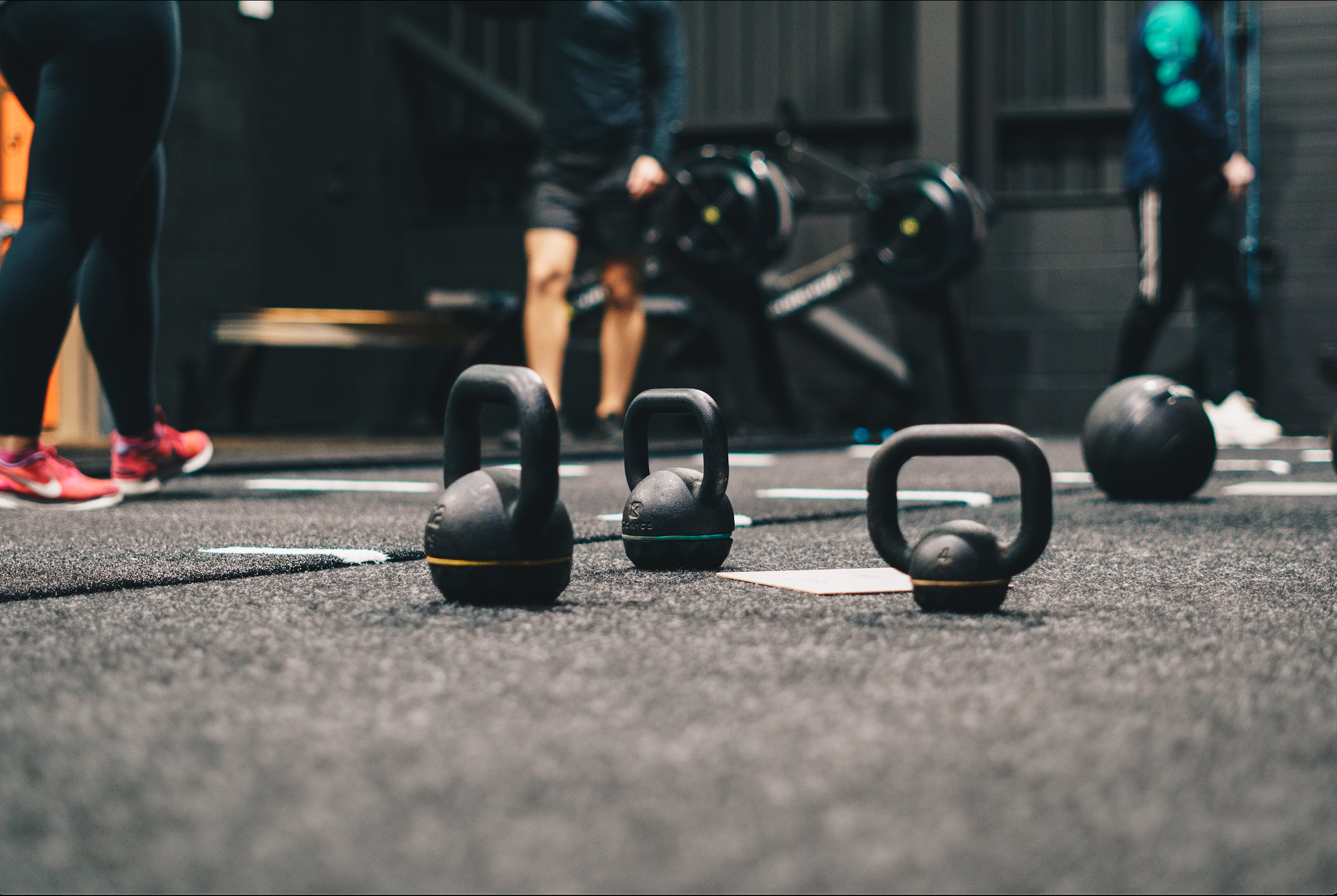Dehydration, Mustard & Pickle Juice
Have you ever participated in an endurance race like a marathon, triathlon or long obstacle course race and saw people eating packets of mustard? What’s that all about?
Why Mustard?
Mustard contains mustard seeds and vinegar. Vinegar acts as the catalyst behind mustard’s super powers.
Vinegar’s acetic acid sparks the production of a neurotransmitter called acetylcholine. This essentially tells the muscles in your body to work harder and prevent muscle cramps.

Mustard packets are a popular choice for races because they’re waterproof, easy to carry and typically free.
Legend of Pickle Juice

Pickle juice is very high in sodium. Drinking it after long runs helps fight off dehydration and leg cramps by restoring lost sodium in the body.
More Palpable Alternatives

Gels, electrolytes and salt tablets can be ingested in a variety of ways. The biggest takeaway is to understand that hydration is a balance of a variety of minerals that prevent discomfort and injuries. Learn more about Hydration!
What Are Electrolytes?
If you want to learn more details about what electrolytes are keep reading; we’re about to nerd out.
Electrolytes are tiny particles that carry electrical charges. They serve many roles to help the body maintain proper function. When you sweat, electrolytes play key roles in keeping water balanced both inside & outside of cells so that your muscles and organs can continue to serve you properly.
As you sweat your body loses both fluid and electrolytes. Dehydration occurs through the act of sweating and you will become dehydrated if you don’t begin your workout properly hydrated or aren’t hydrated properly.
Dehydration has several negative impacts on athletic performance such as muscle cramps and fatigue. As little as 2% dehydration can result in a decrease in performance even if you don’t feel any changes. Thirst is the first indicator that you may be dehydrated.
Replenishing electrolytes help make the most of your water consumption. Sports drinks high in sodium, potassium, magnesium, and calcium can help retain fluids, and proper fluid balance contributes to optimal performance.

- Sodium – maintains fluid balance
Sodium is the most important electrolyte to monitor during training. Excessive losses of sodium (via sweat) can lead to muscle cramps, and in some cases hyponatremia (low blood sodium) – both can lead to a decrease in performance, and can cause major health complications. Sodium during physical activity is critical for maintaining fluid balance, nerve function, muscle contractions, and acid-base balance. The loss of sodium from sweating is greater than any other electrolyte. It is crucial to maintain an adequate balance, both during your activity and after.
- Potassium – prevents cramping
Potassium in conjunction with sodium helps alleviate and prevent muscle cramps. It is abundant in many food sources, and the average individual has high stores within the body. Although potassium loss in sweat isn’t as high as sodium it is still crucial to maintain potassium levels while training as it will be critical for a healthy water & electrolyte balance.
- Calcium – regulates muscle contractions & heart rhythm
Calcium is the most abundant mineral in the body. It serves many roles both in normal bodily functions, and athletic performance. When calcium is circulating within the bloodstream it has a major impact on metabolism of essential nutrients, and proper physiological functions. As most people know, calcium is essential for bone and muscle health. It is also involved in a variety of muscle (heart, skeletal, and smooth) functions and contractions. Calcium is also involved in the synthesis and breakdown of muscle and liver glycogen, aka our fuel stores.
- Magnesium – relaxes muscles
Similar to how sodium and potassium function together, magnesium and calcium do the same. Calcium is essential for muscle contractions whereas magnesium aids in helping muscles relax. The combination of magnesium and calcium is critical for healthy muscle function. It also aids in glucose metabolism, and it used in many enzymatic reactions.
- Bicarbonates – may delay fatigue & enhance endurance
Research has shown that sodium bicarbonate intake can help delay the onset of fatigue, and enhance endurance capacity. One of the key benefits of having fluids that contain sodium bicarbonate is that it buffers lactic acid in the blood. During training lactic acid builds up which stresses the anaerobic glycolysis energy system. When this energy system becomes disrupted, the acid accumulations inhibit muscle contractions, which leads to fatigue.
This blog post is a recap of key points from multiple sources & personal experience:
- www.dictionary.com
- https://www.healthline.com/nutrition/electrolytes#functions
